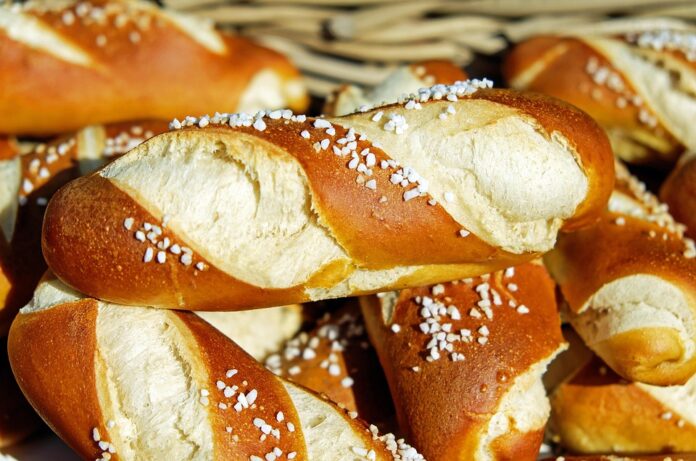The Future of Bread Innovation: AI and Automation in Baking Technology
The baking industry has been experiencing a significant shift towards automation and artificial intelligence (AI) in recent years. As technology continues to advance, many bakeries are looking for ways to enhance efficiency, consistency, and quality in their production processes. This report explores the impact of AI and automation on the future of bread innovation, highlighting key trends, financial data, and industry insights.
Current State of the Baking Industry
The global baking industry is a multi-billion dollar market that continues to grow year over year. According to a report by Market Research Future, the global bakery market is expected to reach $447.4 billion by 2025, with a compound annual growth rate (CAGR) of 3.5% from 2019 to 2025. This growth is driven by changing consumer preferences, increasing demand for convenience foods, and technological advancements in the industry.
Trends in Bread Innovation
One of the key trends in bread innovation is the adoption of AI and automation in baking technology. AI-powered systems are being used to optimize production processes, improve product quality, and reduce waste. For example, AI algorithms can analyze data from sensors in real-time to adjust baking parameters such as temperature, humidity, and pressure, leading to more consistent and uniform products.
Automation is also playing a crucial role in bread production, with robotic systems being used for tasks such as dough mixing, shaping, and packaging. Automated systems can work faster and more efficiently than human workers, leading to increased productivity and cost savings for bakeries. Additionally, automation can help reduce the risk of contamination and ensure compliance with food safety regulations.
Financial Data and Industry Insights
Several companies in the baking industry have already started investing in AI and automation to stay competitive in the market. For example, Grupo Bimbo, one of the largest bakery companies in the world, has been implementing AI-powered systems in its production facilities to improve efficiency and quality. The company reported a revenue of $15.1 billion in 2020, with a net income of $1.2 billion.
Another key player in the industry, Aryzta AG, has also been investing in automation technology to streamline its operations. The company reported a revenue of €2.9 billion in 2020, with a net loss of €1.2 billion due to restructuring costs. Despite the challenges faced by the company, Aryzta remains committed to innovation and technology adoption to drive growth in the future.
Future Outlook
Looking ahead, the future of bread innovation is likely to be shaped by advancements in AI and automation technology. Bakeries that embrace these technologies will be able to enhance their production processes, improve product quality, and meet the changing demands of consumers. However, it is essential for companies to carefully consider the costs and benefits of implementing AI and automation to ensure a successful transition.
In conclusion, AI and automation are revolutionizing the baking industry, paving the way for a more efficient, consistent, and innovative future of bread production. Companies that invest in these technologies will be able to stay ahead of the competition and meet the evolving needs of consumers in the years to come.




